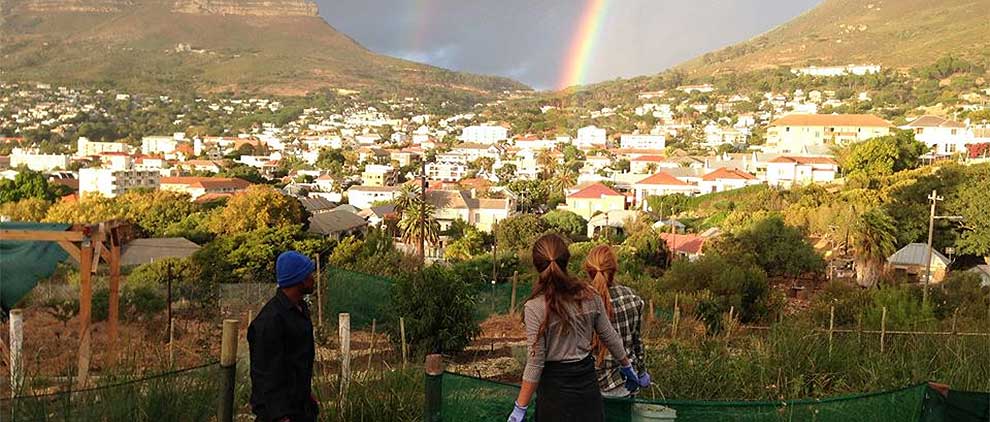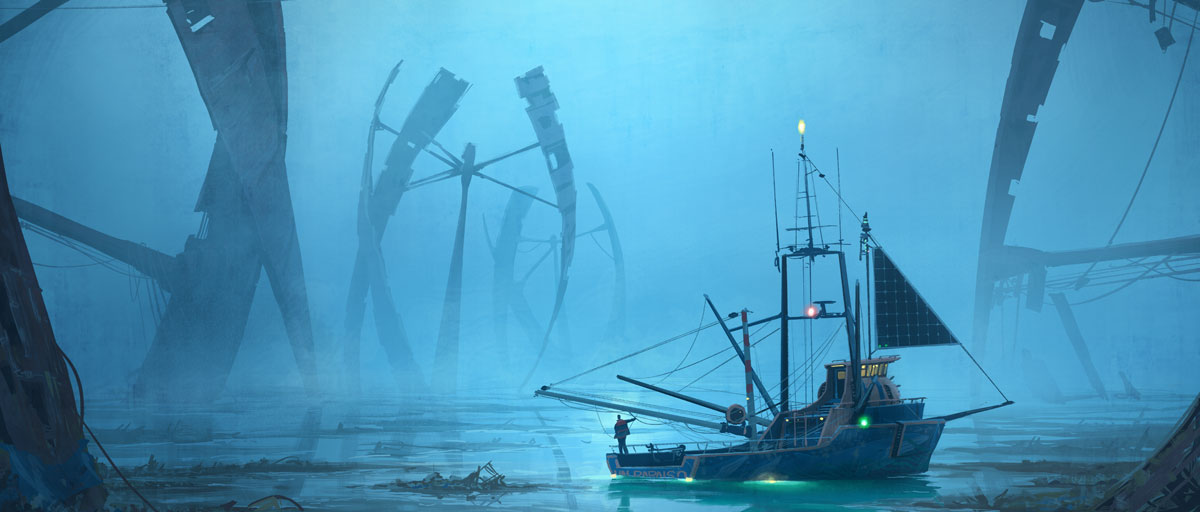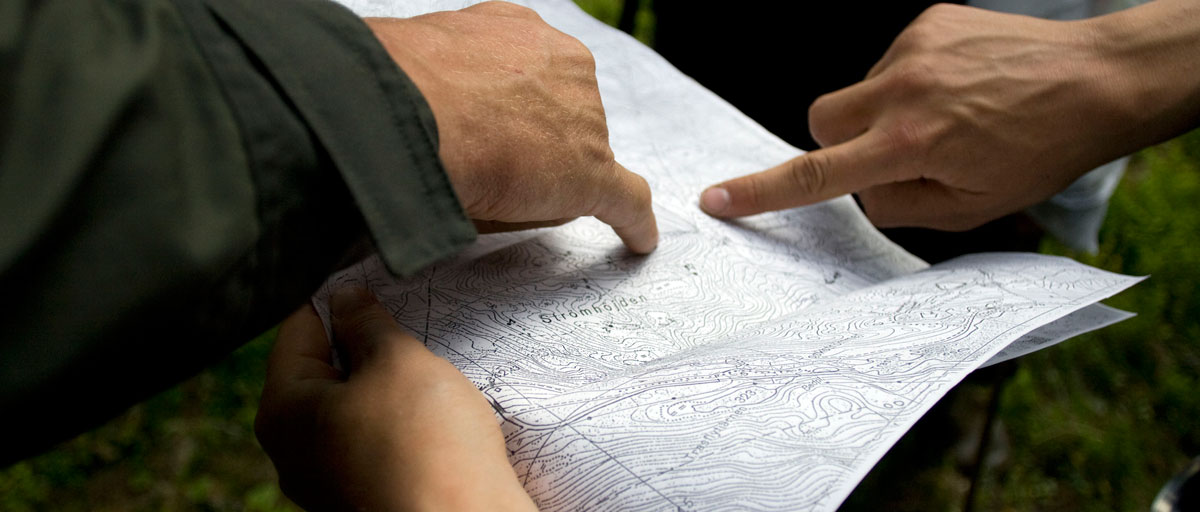Bildtext får vara max två rader text. Hela texten ska högerjusteras om den bara ska innehålla fotobyline! Photo: B. Christensen/Azote
SCENARIOS
Four positive future visions of southern Africa

Bildtext
- Researchers, practitioners and artists develop positive ideas on how southern Africa could look at in the future
- The process produced four distinct narratives for southern Africa that shared many commonalities and even ventured into the realm of science fiction
- The most striking commonality between all four scenarios is the focus on decentralized governance, technology as a bridge between people and the deep reconnection of humanity to the biosphere
Researchers, practitioners and artists present previously unimagined ways of thinking about sustainability futures in the region
RADICAL, POSITIVE FUTURES: Looking into the future can be uplifting or grim, depending on how you see things. Either way, visioning work is important in decision-making, because it helps chart a course for action.
Dystopian ideas can be demoralizing and impede action, which is why it is important to counteract them with positive ones. Enter the “Seeds of good Anthropocenes” project, an international science initiative built on the idea of developing positive scenarios for the future that are ecologically desirable, just and sustainable.
In late 2016, researchers teamed up with other researchers, practitioners and artists to carve out ideas on how southern Africa could look at in the future, all through the lens of a positive perspective.
The results from the visioning process is presented in an article published in the journal Futures. Researchers representing Stockholm Resilience Centre were Reinette Oonsie Biggs, Laura Pereira and Andrew Merrie.
The process produced four distinct narratives for southern Africa that shared many commonalities and even ventured into the realm of science fiction.
Our work differ markedly from scenarios produced in more conventional processes where storylines are often restricted by the “possible, but plausible” principle.
Maike Hamann, lead author
.jpg)
Scenario 1: Rhiz(h)ome
Governance and business is highly decentralized, epitomized by a myriad of interconnected, small and green cities across southern Africa. An empowered citizenry emphasizes the importance of fairness, knowledge-sharing and environmental stewardship. Technology has enabled highly efficient, localized production processes, as well as more transparent and diversified exchange of goods and services.
Scenario 2: Demos42 Ubuntunse
An artificial, superintelligence called Demos42 has emerged, which connects and guides humanity. Infrastructure, just like society as a whole, is fluid and ever-shifting. Food is an important connector between different parts of society.
Scenario 3: Post Exodus
The world has gone through a severe collapse and most humans have fled to extra-terrestrial colonies. Those who remain, reconnect through empathy and small communities with each other and the planet.
Scenario 4: Radical TransLocal
Decision-making is once more community-driven based on indigenous knowledge and a deep connection to Mother Earth. A machine-learning system accounts for the ecological costs of all consumption, including food production which has been revolutionized by new artificial meat processors.
The most striking commonality between all four scenarios is the focus on decentralized governance, technology as a bridge between people and the deep reconnection of humanity to the biosphere.
“Our visions are highly creative, alternative futures that contributes to the important portfolio of optimistic stories for Africa,” the researcher conclude.
Methodology
Potential seeds from the Seeds of Good Anthropocenes database were screened for suitability. Similar to the seed selection, participants were chosen with the aim of maximizing diversity and divergence. To go from scenario outlines to more fully formed narratives, groups spent time refining and envisioning their futures in more detail. Throughout all the exercises and group discussions, participants were encouraged to make use of the STEEP-V and Verge brainstorming tools. STEEP-V helps explicitly to consider social, technical, economic, environmental, political, and value impacts of future changes. Verge adds an ethnographic aspect and prompts participants to think carefully about the ways in which people relate to one another and their environment in future scenarios. The final part of the workshop saw each group share their scenario with the rest of the participants.
Hamann, M., Biggs, R., Pereira, L., Preiser, R., Hichert, T. et.al. 2020. Scenarios of Good Anthropocenes in southern Africa. Futures, Volume 118, April 2020, 102526, DOI: 10.1016/j.futures.2020.102526








